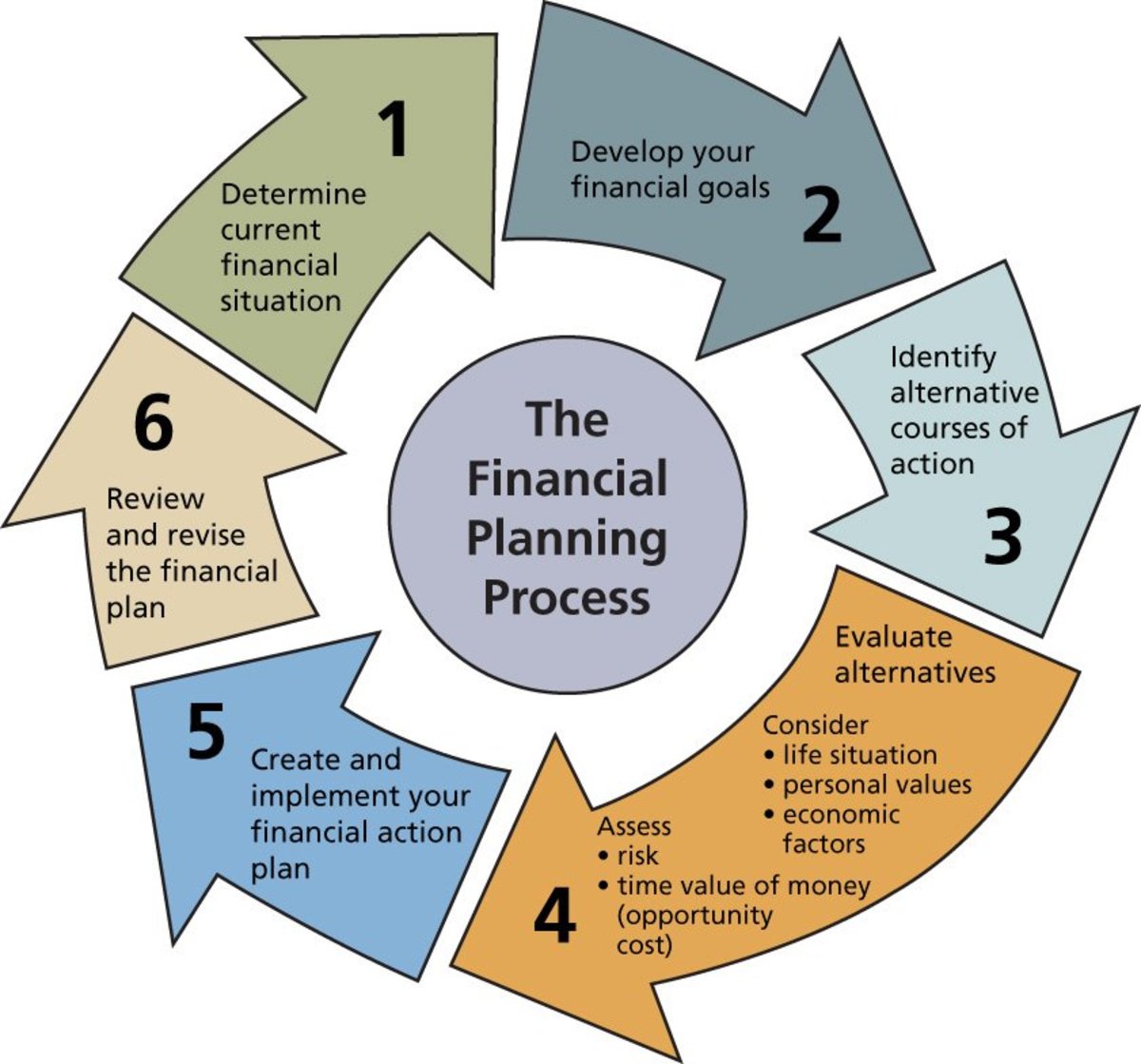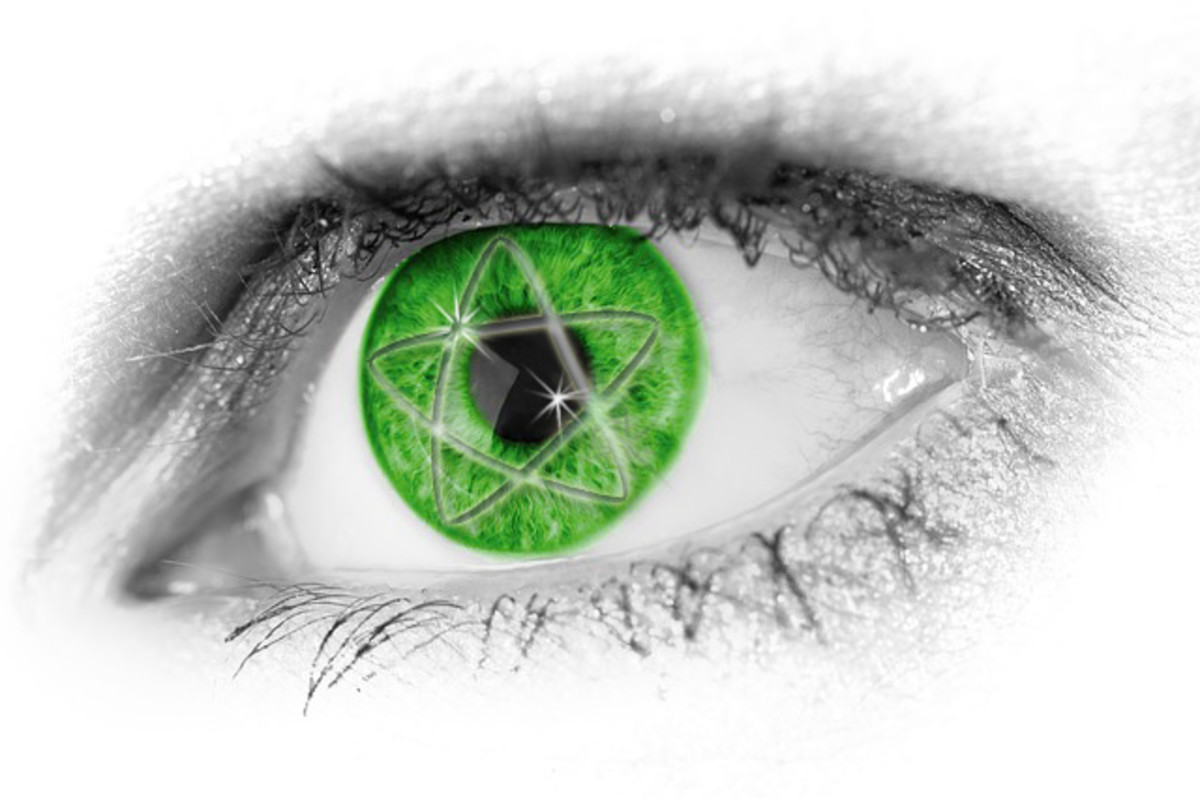Meditation: Cleaning the Lens of Your Mind's Eye

Sight and Insight
Our eyes are our visual window on the universe. We use the information we get through this window to make decisions moment by moment, and also to store data for later use. If our vision is obstructed, for example, by eyewear that is not clean, we may miss information or receive distorted information. As a result of missing or distorted visual data we may make incorrect decisions.
In addition to physical eyesight, we also have a means of visualizing our world internally. We picture things in our mind, processing images of the present, imagining little scenes, remembering people, objects or events, or planning for the future. Visualization is like an eye that views the universe through the lens of our thoughts.
People without eyesight “see” the universe through their other senses. For the purposes of this article, visualization is any three-dimensional mental reconstruction of the physical world.
Awareness
Being aware of the present is essential to survival. The image (or other sensory evidence) of the oncoming vehicle is transmitted to the brain and the brain decides whether or not to step in front of it. Visualizing the past or future is much less important, but is sometimes useful and often entertaining. Reviewing fond memories of the past brings joy to the present. Reviewing past mistakes helps one invent more effective methods. Projecting possible outcomes can be fun – fantasizing about a future pleasurable experience, for example; planning for the future is important, though not as important as it might seem.
Visualization of the past or future becomes a problem when it concentrates on negative themes. Dwelling on the past, it is easy to fall into regret, and worrying about the future is one of the most popular wastes of time ever invented. As we develop the bad habits of regret for the past and anxiety about the future we accumulate ‘dirt’ on the lens of our mind’s eye. Unhelpful negative visualizations of the past and future impede the ability to focus effectively on the present. We are worrying so much about losing our job, for example, that we step in front of the oncoming vehicle. We don’t ‘see’ it because we are to busy looking at a future or past that is not present. Our eyes work fine, but we don’t see.
So as not to be run over by life, it is best to clean the lens we use to visualize it. The best way to clean the lens of the mind’s eye is through meditation.

Medical Benefits
Meditation is the act of quieting the mind by focusing on something non-stressful such as one’s breathing or a quiescent word, phrase, image or visual point of focus. Medically speaking, this action moves blood flow away from the fight-or-flight center of your brain and toward the calming center of your brain – so it physically makes your brain feel better. Mentally, it clears the mind of excessive past imagery or future visualizations, freeing it to concentrate more on now. Now is where it’s at because life only happens now. It happened in the past, it will probably happen in the future, but the only time it is actually happening is now. You don’t want to miss it.
Clinical studies at the Benson Henry Institute for Mind Body Medicine at Massachusetts General Hospital and at the Stress Reduction Clinic at the University of Massachusetts Medical Center have shown that a daily practice of meditation for as little as ten minutes a day can reduce blood pressure, slow the heart rate and reduce the effects of stress-related symptoms.
How To Meditate
There are several kinds of meditation, but most center around focusing on something simple: your breath, a focal point or a word, phrase or chant. Personally I find chanting to be too much work, but I also find that I cannot usually focus on my breath without some help. I usually meditate by thinking the words,
“I am breathing in and relaxing my body.”
“I am breathing out and relaxing my body.”
Later, if I feel sufficiently relaxed, I might switch to,
“I am breathing in and relaxing my mind.”
“I am breathing out and relaxing my mind.”
This is part of a meditation practice whose origin is attributed to Buddha, but there are many meditations out there. The best thing is to pick one that suits you and try to do it daily. People may call this a Buddhist meditation because it originates in the Buddhist tradition, but there is very little difference in the mechanics of meditation between one teaching and another. All meditation involves focusing the mind on a point of focus like the breath, a word, a phrase or a paragraph or a mental image. Meditation does not have to be a religious or spiritual practice, but it can be that as well.
I have a daily meditation practice – actually I meditate more often than I clean my glasses. I enjoy the sense of calm and happiness I derive, and the freedom from regret and anxiety that allows me to concentrate on the present. Using a mind in which extraneous thought has been reduced, the world comes sharply into focus. Each detail seems poignant and precious, since I know that in a moment the moment will be gone. These moments make up our lives. We should try not to miss them.









